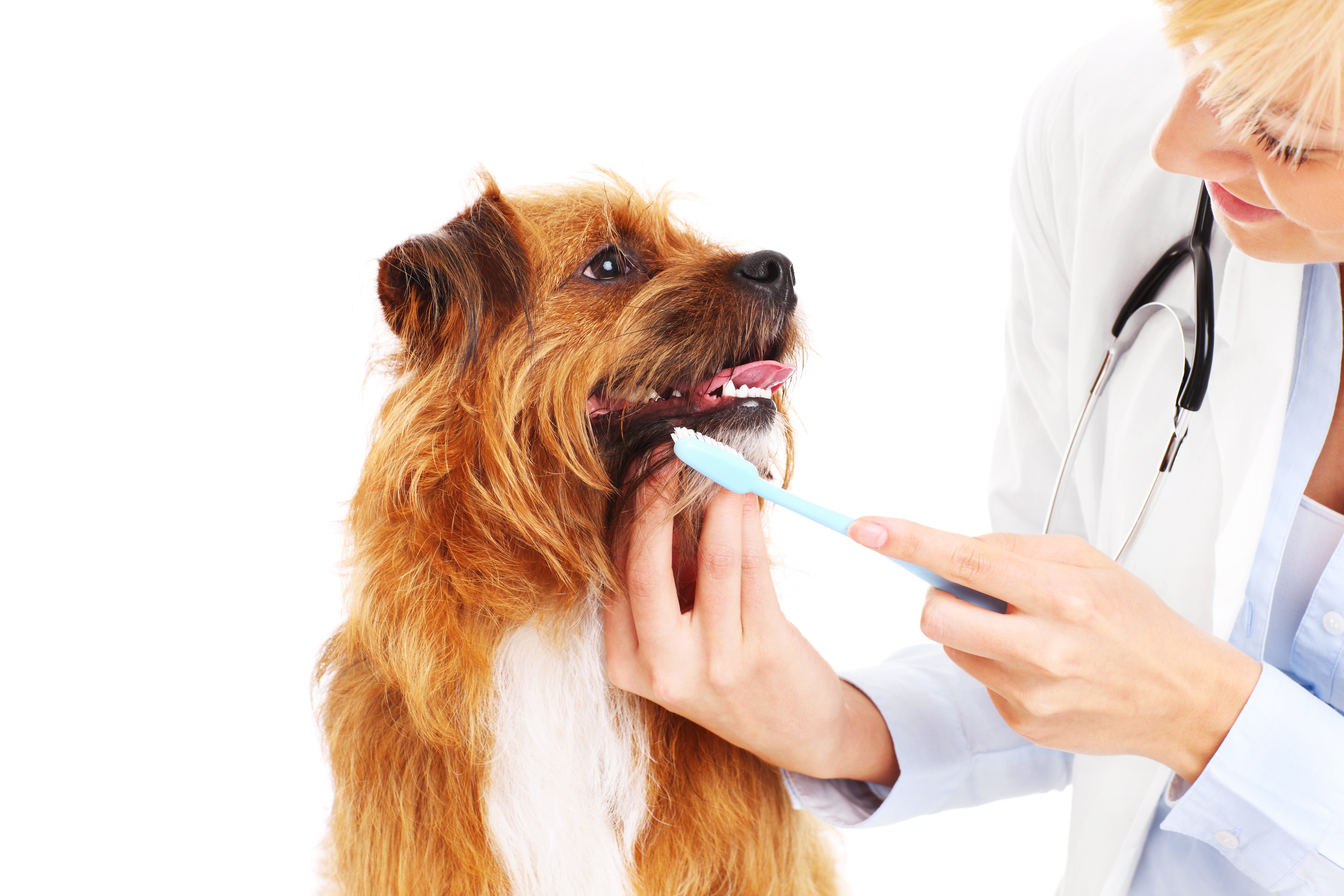 Preventive care and client education is an important step to introducing, implementing and improving overall dental and oral medical quality in your practices. Understanding the veterinary team’s (DVMs, veterinary technicians and assistants, receptionists, managers) role in preventing periodontal disease before pathology develops through the three keys to preventive dental care are critical steps to embrace. Suggestions for partnering with your clients to actively involve them in their pet’s oral home care, understanding client perceptions, providing confident and personalized recommendations, working as a team to change and improve the hospital culture will be addressed.
Preventive care and client education is an important step to introducing, implementing and improving overall dental and oral medical quality in your practices. Understanding the veterinary team’s (DVMs, veterinary technicians and assistants, receptionists, managers) role in preventing periodontal disease before pathology develops through the three keys to preventive dental care are critical steps to embrace. Suggestions for partnering with your clients to actively involve them in their pet’s oral home care, understanding client perceptions, providing confident and personalized recommendations, working as a team to change and improve the hospital culture will be addressed.
Clients play a key role in insuring the success and oral health of their pet. Proper education of the client regarding the need for home care and teaching the client to brush and to start an effective home care routine is important. This begins at an early age when pets are puppies and kittens. The hospital staff needs to spend enough time with the clients, explaining the causes of periodontal disease, so they will understand why it is important to continue home dental care and to recognize when problems are present so that proper intervention can occur.
During the pet’s first visit, and then during subsequent visits when the puppy or kitten receives vaccinations, the mouth needs to be examined. Signs of malocclusions, retained deciduous teeth, developmental problems such as cleft palate, trauma or fractured teeth should be identified. Discuss with clients when and which deciduous teeth fall out and inform them that the best way to begin preventive dental care is to start brushing the teeth when the pet is young, so he/she will get accustom to brushing.
Tooth brushing is the most effective means to prevent plaque and subsequent calculus build up because it is the mechanical action of the brushing that is effective in reducing plaque accumulation. Pet dental products such as toothpastes, toothbrushes, finger pads, finger brushes and dental wipes are available and should be used. Human dental care products should not be used. Dental diets, exercise toys, rawhide strips, dental treats, and many other dental toys can help reduce and eliminate the buildup of plaque and calculus. Family and pet compliance will determine the best dental home care required for each pet. Cow hooves, bones, hard plastic toys such as Nylabones can fracture teeth and should be avoided.




